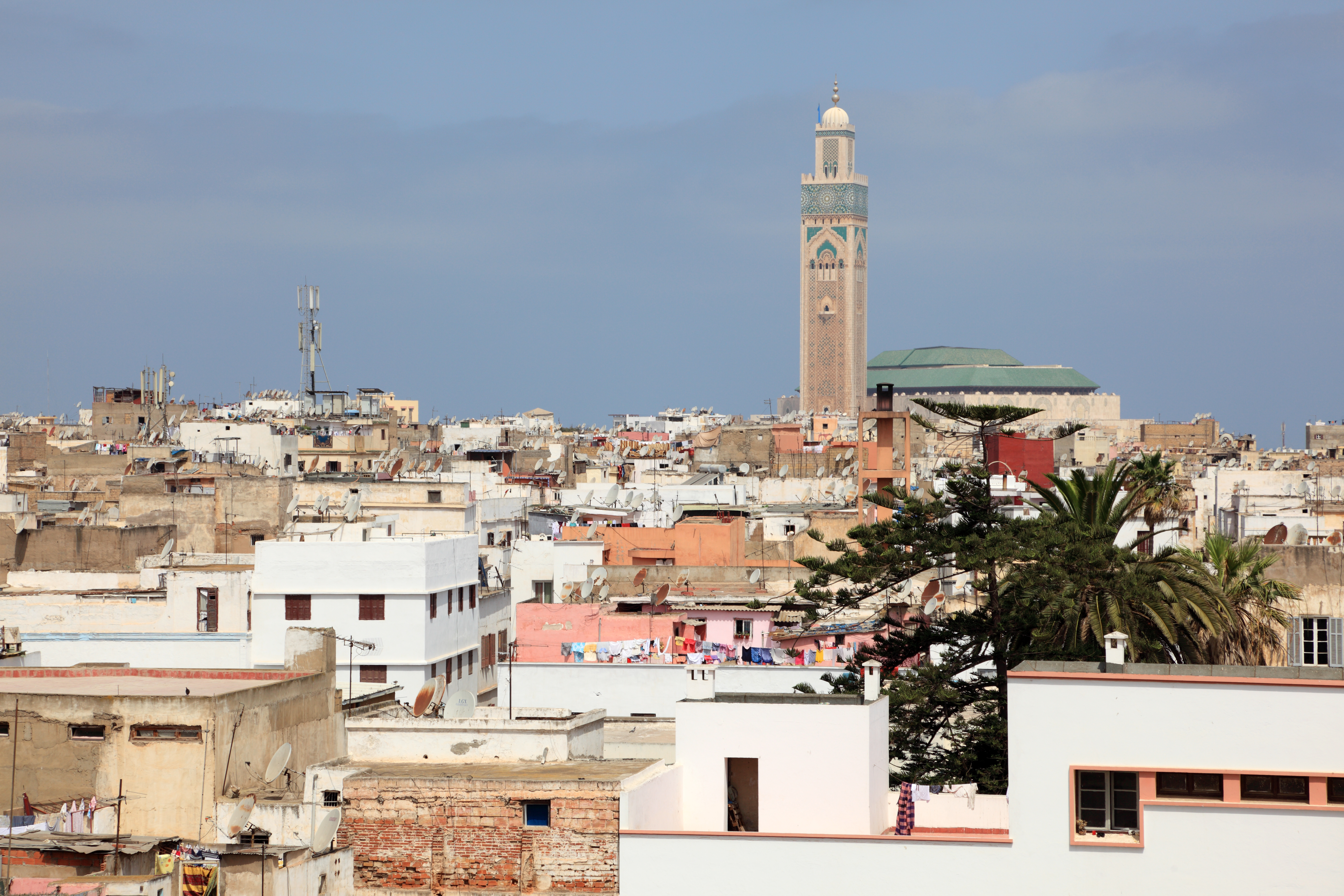About Casablanca
Infused with a sense of romantic allure by the iconic 1942 film starring Humphrey Bogart and Ingrid Bergman, Casablanca might not be Morocco's political capital — that title goes to Rabat — but it unquestionably reigns as the nation's economic and cultural heartbeat. While Rabat holds the formal title, Casablanca excels in areas that matter on a day-to-day basis: commerce, industry and shipping. This bustling activity lends the city a distinctly contemporary aura. Nowhere is this more evident than along Boulevard Brahim Roudani, where sleek business centers give way to upscale restaurants and diverse cultural spaces. These modern enclaves provide a sharp contrast to the Old Town's narrow lanes and the vibrant souks, set against a backdrop of aging, colonial-era buildings. Known locally as Casa or Dar El Beïda in Arabic, Casablanca boasts a rich and complex history. Its story took a dramatic turn during the 15th-century Portuguese occupation, aimed at suppressing piracy through strategic use of the port. However, the devastating earthquake of 1755 lessened Portuguese interest, paving the way for a rebirth under the Moroccan leader Sidi Mohammed III. This layered history adds yet another dimension to a city that constantly straddles the old and the new. On 8th September 2023, Morocco experienced a catastrophic 6.8-magnitude earthquake. While Marrakesh felt the brunt of the seismic event, several other Moroccan cities, including Casablanca, Agadir, Essaouira and Rabat, also experienced the tremors. Marking the most potent seismic event in central Morocco in over a century, this earthquake stands as the country's most lethal since 1960. Such seismic events are rare occurrences in this part of the world.
 Philip Lange/Shutterstock.com
Philip Lange/Shutterstock.com